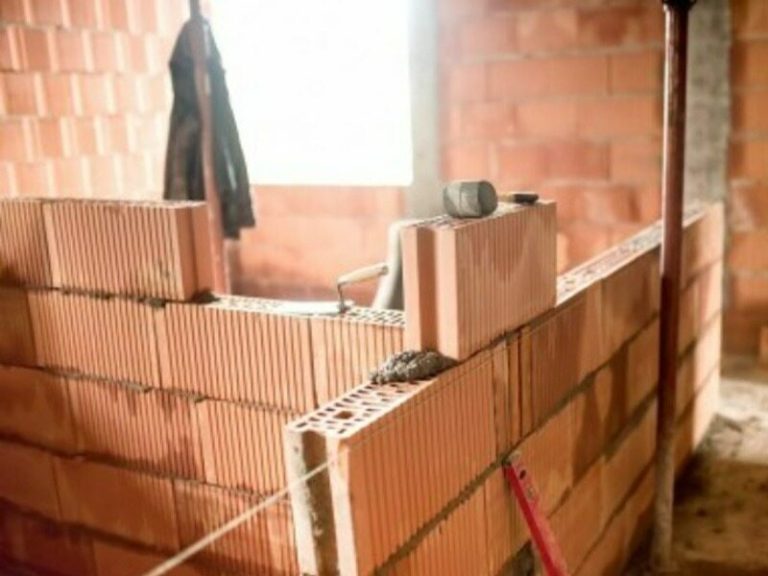“The Netherlands owes a debt of honor to Groningen.” The end of a story

On Sunday, October 1, gas production was completed from the largest gas field in Europe in Groningen (Groningenveld) in the northern Netherlands. The closure was caused by mining damage caused by the exploitation of deposits.
A rich deposit in northern Holland was discovered in 1959. If it were not for the local gas, the Netherlands would not be such a rich country today – this is quite a unanimous opinion of economists. The daily Financieele Dagblad estimated that the state and the international companies Shell and ExxonMobil have earned over EUR 428 billion from gas from this field over almost 60 years.
Groningen: deposits caused earthquakes
The business could have continued if in 1991 local earthquakes had not occurred in the area adjacent to the field, which caused a number of mining damages, primarily damaging buildings. The earth shook the most strongly in 2021 – the magnitude of the vibrations was 3.6. A specially appointed commission assessed that for decades the safety of Groningen residents had been subordinated to the financial and economic interests of gas extraction, and too little attention had been paid to the damage and concerns caused by earthquakes. In a document summarizing her work, she even wrote that “The Netherlands owes a debt of honor to Groningen.”
The Dutch government has pledged to spend over EUR 22 billion over the next three decades to repair the damage and compensate the region’s inhabitants for difficulties resulting from the proximity of the deposits.






